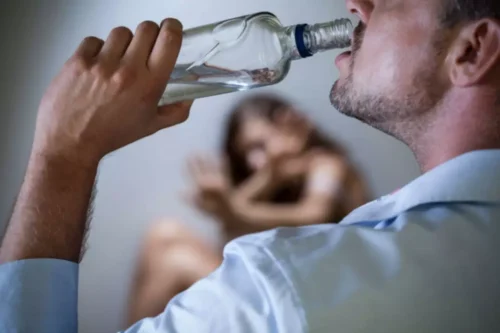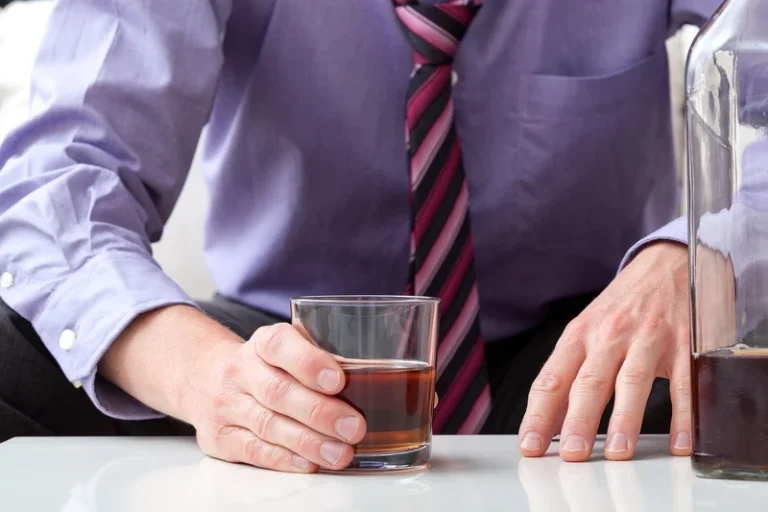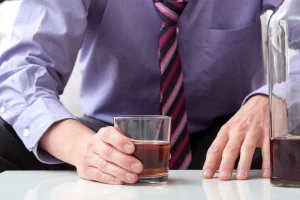How to Talk to an Alcoholic: How to Talk to Someone About Alcoholism

If the person does have an alcohol problem, the best thing you can do is be open and honest with them about it. Hoping the person will get better on support for those who struggling with alcohol addiction their own won’t change the situation. Let the person you care for know that you’re available and that you care. Try to formulate statements that are positive and supportive.
- Sometimes, a person’s personality can influence their tendency for denial.
- Someone with the condition is unable to stop or control their alcohol use.
- Expose your teen to healthy hobbies and activities, such as team sports, Scouts, and after-school clubs to discourage alcohol use.
- It may take time and patience, but your continued support increases the likelihood that they will eventually be able to successfully stop drinking.
- The test is free, confidential, and no personal information is needed to receive the result.
How to Help an Alcoholic Stop Drinking: 10 Tips to Support a Loved One
Your loved one’s motivation for recovery hinges on the encouragement and support they get from others around them. Supporting someone you love, who’s being treated for unhealthy alcohol use, is a lifelong process because recovery is a lifelong process. Show them that you are proud of them and will support them throughout their journey, including getting treatment or attending meetings and support groups. This usually also means educating yourself on their addiction and getting support for yourself as an impacted loved one.
How to Help Someone with an Alcohol Addiction

Ask different programs if they offer sliding-scale fees—some programs may offer lower prices or payment plans for individuals without health insurance. The three-step road map outlined in the NIAAA Alcohol Treatment Navigator offers expert guidance to focus and support your efforts. Learn how to find higher quality, science-backed alcohol treatment to raise your changes for success. Couples and family counseling incorporates spouses and other family members in the treatment process and can play an important role in repairing and improving family relationships.
Resources
Given the diverse biological processes that contribute to AUD, new medications are needed to provide a broader spectrum of treatment options. Certain medications have been shown to effectively help people stop or reduce their drinking and avoid a return to drinking. Many people struggle with controlling their drinking at some point in their lives. Millions of adults in the United States have alcohol use disorder (AUD), and approximately 1 in 10 children live in a home with a parent who has AUD. Have some concrete next steps for them to choose from, in case they’re ready to get help.
Best Online Therapy Platforms We Tried and Tested
- Realize that you can’t force someone who doesn’t want to go into treatment.
- “It got to the point where I would have trouble concentrating at work because I was constantly wondering what was going on at home,” he recalls.
- While it may be difficult to practice tough love, it will be beneficial for the addict in the end.
- In a 2015 study, almost 29% of participants didn’t seek treatment due to stigma or shame.
- Remember to seek your own social support during this stressful time.
- Daily drinking can have serious consequences for a person’s health, both in the short- and long-term.
Your loved one may have neglected family duties or engaged in violent or abusive behavior while drinking. No matter how frustrated you are, placing blame on them or making accusations is likely https://ecosoberhouse.com/ to make them defensive. If this happens, they won’t be willing to listen to what you have to say.
In this guide, we will walk you through the signs of alcohol addiction, the best way to approach the conversation and how to help an alcoholic friend during recovery. It is not an easy road, but with your friendship and encouragement, they don’t have to walk it alone. Because AUD is a chronic, relapsing disorder, persistence is key. It is rare that someone would go to treatment once and then never drink again. More often, people try to quit or cut back over time, experience recurrences, learn from them, and then continue on their recovery journey. For many, continued follow-up with a treatment provider is critical for overcoming alcohol problems.

Health care providers diagnose AUD when a person has two or more of the symptoms listed below. AUD can be mild (the presence of two to three symptoms), moderate (the presence of four to five symptoms), or severe (the presence of six or more symptoms). Don’t consider your part done after your friend or family member is in therapy.
- At each of AAC’s treatment centers, a caring and compassionate addiction treatment team develops an individualized treatment plan for your loved one based on their needs.
- About half the people who complete alcohol abuse treatment for the first time stay alcohol-free, while the other half relapse and return to drinking at some point.
- Do not tolerate hurtful or negative comments addressed towards them.
- When deciding to talk to an alcoholic, be prepared for some pushback.
- The objective is to encourage the individual to feel comfortable sharing, think seriously about their condition, and realize they require help.
- According to Conroy, it may be easy to get caught in denial with AUD if you subconsciously feel something is wrong with you at your core.
- Write down the date and time of the urge, some notes about what is going on (the situation), rate the urge in terms of its intensity (0-100%), and write down how you responded or coped with the urge.
However, some people may wonder how to tell someone they have a drinking problem or how to confront an alcoholic…. When someone you know or love has a drinking problem, talking to them about your concerns can be a hard but necessary first step on the path toward recovery. The following pointers may help, starting with some good reasons to talk with an individual about their drinking problem in the first place. If your loved one is in denial or doesn’t want to seek treatment, they’re not alone. According to the 2019 National Survey on Drug Use and Health,about 14.5 million people have an AUD, and yet only 7% received treatment that year. Send supportive messages, letters or even small gifts that remind them of your friendship and encourage them to stay strong.

Choose the right time to have this important conversation. Have the conversation in a place where you know you’ll have quiet and privacy. You’ll also want to avoid any interruptions so that you both have each other’s full attention. Make sure your person is not upset or preoccupied with other issues. Be ready to stay the course and support them as they work on themselves and seek treatment.

What To Avoid When Talking to a Loved One About Alcoholism
All experts agree that when talking to your loved one, it’s best to be patient and compassionate. Sometimes, a person’s personality can influence their tendency for denial. Certain traits, such as independence and perfectionism, can add to a person’s hesitancy or reticence to seek help, says Grawert. According to Conroy, it may be easy to get caught in denial with AUD if you subconsciously feel something is wrong with you at your core. It also might mean admitting that they don’t have it all together, and their exterior (and interior) world is crumbling.





